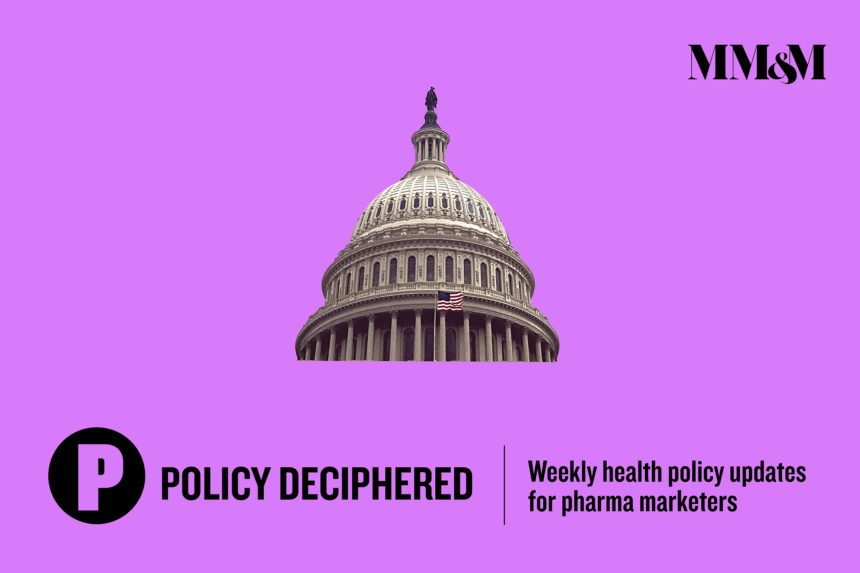As pharma companies race to develop a coronavirus vaccine, some politicians are already looking at the cost.
In a white paper released Monday, Senate Democrats detailed plans to ensure an eventual COVID-19 vaccine is low cost, safe and accessible.
The lawmakers want to ensure a vaccine is provided for free to all Americans. They suggest using the government’s purchasing power, through insurance programs Medicare and Medicaid, to negotiate the price and purchase large amounts of potential vaccines.
The white paper also says many Americans have lost health insurance due to the massive layoffs from the pandemic. The federal government buying enough vaccines for every citizen could ensure everyone is vaccinated, the paper reads.
“Given the economic instability brought on by COVID-19, many people are experiencing significant changes to their incomes and health coverage – losing employer sponsored coverage and changing income that affects eligibility for subsidized coverage like qualified health plans on the Affordable Care Act (ACA) exchange, Medicaid and more,” the white paper reads. “The surest way to guarantee every person in this country gets vaccinated against COVID-19 free of charge is for the government to directly purchase the hundreds of millions of vaccines that will be necessary to immunize the U.S. population.”
The Democrats also urge the Trump administration to rejoin the World Health Organization. They claimed that not contributing to global efforts to develop a safe COVID-19 vaccine could limit U.S. access to these vaccines later on.
The white paper also requests that clinical trials for coronavirus treatments be inclusive and accessible to vulnerable populations. They also demand that the Food and Drug Administration properly evaluate all vaccines, even as many officials prioritize speed.
“Innovations around expedited review of candidates and parallelization of clinical trials can speed up the process, but these measures are no substitute for robust safety and efficacy data, especially for vulnerable populations,” the paper reads. “The Administration must weigh the relative efficacies of candidates, given the limited resources for manufacturing these vaccines at scale, to ensure a focus on vaccines that will serve all populations in real-world scenarios.”
The Democrats also focused on equitable distribution of the potential vaccine. They acknowledged that the first wave of approved vaccines will not be enough to immunize the entire population, so the leaders said to focus on high-risk populations and essential workers.
They called on the Trump administration to devise a plan to be shared publicly about how the vaccine will be distributed, taking into account equitable distribution among underserved populations like communities of color and low-income areas.
“The Administration should communicate directly to the public and to vaccine distribution stakeholders about vaccine prioritization to ensure there is a consistent, coherent message about who will receive vaccines first, and what the plans are to roll out vaccines to the rest of the public,” the paper reads. “The plan should also account for equitable and prompt distribution to medically underserved areas. Public health, not politics or corporate profits, must drive these critical decisions.”







